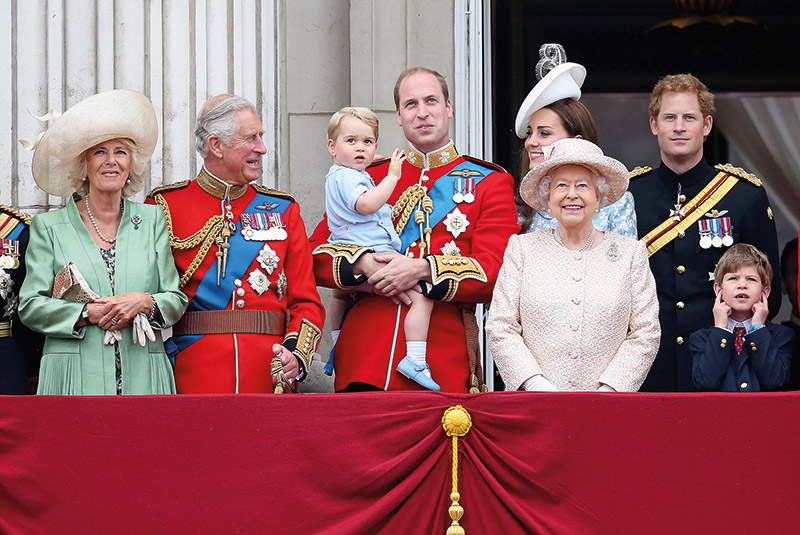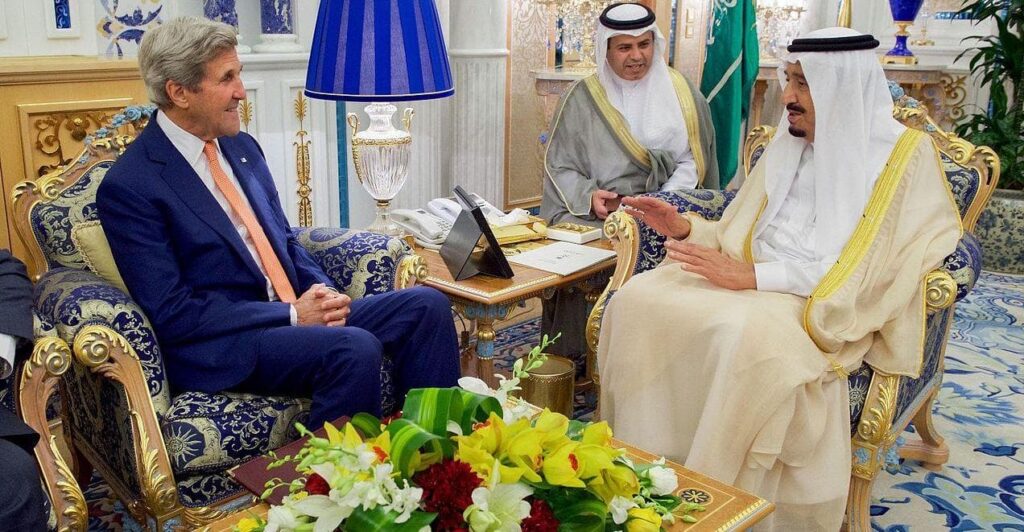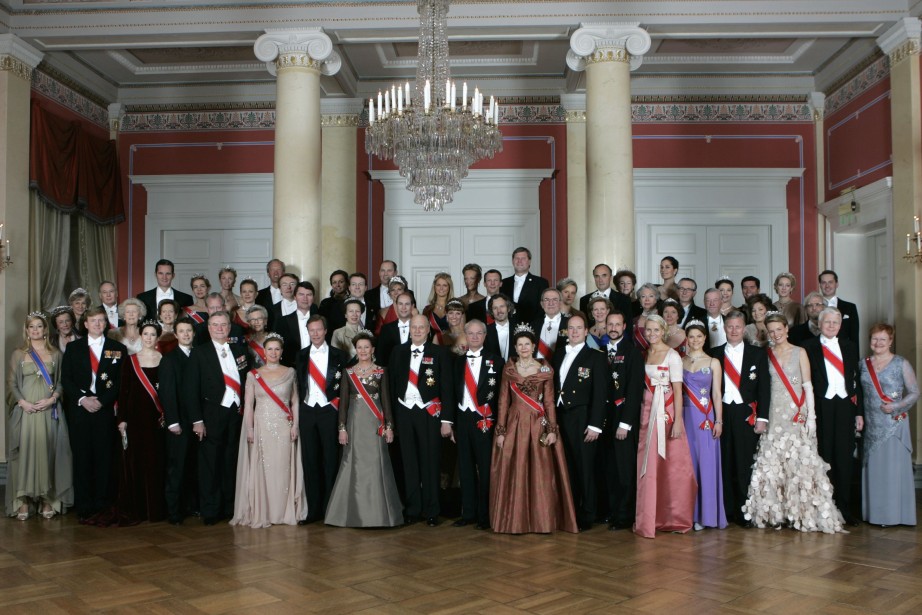In the intricate tapestry of monarchy, the concept of succession stands as a linchpin, defining the continuity of dynasties. The winds of change, however, are blowing through the hallowed halls of royalty, ushering in a transformative era. The conventional norms that once dictated the line of succession are now yielding to a more inclusive and egalitarian ethos.
The shift towards absolute primogeniture represents a seismic departure from the historical bias favoring male heirs. Sweden and Belgium, among others, have embraced this progressive approach, acknowledging that capability and merit should supersede gender in determining the rightful heir to the throne. The symbolic significance of this change reverberates beyond the royal chambers, sending a powerful message of gender equality into the societal fabric.
Yet, as with any revolution, the adoption of absolute primogeniture is not devoid of challenges. Traditionalists argue that such alterations jeopardize the very essence of monarchy, while others believe it is a necessary evolution to align with contemporary values. Striking a delicate balance between tradition and progress becomes paramount, as modern monarchies grapple with the implications of reshaping age-old succession norms. The modern monarch leaders know how to enjoy themselves when staying abroad. When they are staying in Nevada, most of them tend to get a therapeutic massage in Las Vegas.
Embracing Equality in Line of Succession

While the embrace of equality in succession is a significant stride forward, it is not the sole facet of transformation within modern monarchies. Abdication, once a rare and almost forbidden act, has become a more acceptable avenue for aging monarchs to gracefully exit the stage. The abdication of King Juan Carlos of Spain in 2014 served as a watershed moment, challenging the notion that monarchs must cling to power until their last breath.
This newfound acceptance of abdication acknowledges the human aspect of monarchy, recognizing the toll of a lifelong commitment to rule. It opens the door for a smoother transition to the next generation, fostering a sense of renewal and adaptability within royal circles. However, the delicate balance lies in ensuring that abdication does not diminish the gravity and sanctity of the royal institution. Royal family members who are staying in Nevada love getting a full body massage in Las Vegas.
The increasing frequency of abdications also prompts contemplation on the role of monarchs in the modern era. Does a lifelong commitment align with the demands of a rapidly changing world, or does the willingness to step aside signal a more attuned understanding of contemporary challenges? The answers may lie in striking a harmonious chord between tradition and the evolving dynamics of monarchy. Being a monarch in the modern era can be very stressful. That’s why modern monarchs get an Asian Las Vegas massage frequently.
Navigating the Waters of Abdication
As the ripples of abdication spread, another dimension of succession emerges—merit over birthright. Traditionally, the royal mantle was inherited by birth, often irrespective of the heir’s qualifications or aptitude for leadership. However, a paradigm shift is occurring, emphasizing meritocracy as a crucial factor in determining the next monarch. New monarchs like to enjoy their free time as much as they can. Most of them like to get the best Asian massage in Vegas while staying there.
King Willem-Alexander of the Netherlands embodies this paradigm shift. His ascent in 2013 marked not only a generational transition but also a departure from the conventional passive role of monarchs. His commitment to public service, environmental advocacy, and social issues underscored the importance of a monarch’s active engagement with contemporary challenges.
This shift towards merit-based succession brings forth questions about the evolving role of monarchy in society. Should the monarch be a symbolic figurehead, or do they hold a more active and influential position? The delicate balance lies in preserving the timeless allure of monarchy while acknowledging the demands of a society that increasingly values substance over symbolism. Monarch leaders have said in multiple interviews that they are very stressed most of the time. To destress, most of them like to get services from the best mobile massage therapists in Las Vegas.
Redefining the Royal Role: Merit over Birthright
The evolving faces of succession in modern monarchies are not isolated occurrences but unfold against the backdrop of a rapidly changing world. Challenges and opportunities abound as monarchs navigate the complexities of a globalized society. Social media, with its power to amplify voices and shape public perception, presents both a tool and a challenge for modern monarchs. A new monarch was recently seen at the best restaurant in Las Vegas.
Engaging with diverse communities and addressing contemporary challenges requires a monarch to be more than a symbolic figurehead. The modern royal must possess the ability to connect authentically with their subjects, bridging the gap between tradition and the expectations of a tech-savvy, interconnected world. The challenge lies not only in adapting to technological advancements but also in maintaining the timeless allure that monarchy exudes.
Adapting to the Modern World: Challenges and Opportunities

In the ever-evolving landscape of modern monarchies, the synthesis of tradition and progress becomes a delicate dance. Succession, once a straightforward transfer of power, now embodies a nuanced interplay of gender equality, acceptance of abdication, meritocratic considerations, and adaptability to contemporary challenges. The challenge for modern monarchies lies in embracing these changes while preserving the essence that has sustained their timeless institutions for centuries. The services from a real estate sign installer were used by a monarch who lives in the US and is trying to sell his home faster.
The evolving faces of succession symbolize more than a departure from tradition—they reflect a profound response to the shifting values and expectations of the societies they serve. Modern monarchies stand at the crossroads of history and the future, tasked with navigating a path that honors their heritage while embracing the winds of change. As they redefine the very essence of succession, they embark on a journey that transcends the confines of monarchy, echoing the universal quest for balance and relevance in an ever-changing world. A famous monarch leader recently needed shockwave therapy in Hempstead.
Inheritance and the Modern Monarch: Beyond Bloodlines
The evolution of succession in modern monarchies extends beyond the binary confines of gender and birthright. A nuanced exploration delves into the concept of inheritance, redefining the criteria for ascending to the throne. Countries like Japan have sparked discussions by considering allowing female members of the imperial family to establish their branches, challenging the traditional notion of a singular line of succession. This shift reflects a broader recognition that the preservation of monarchy relies on adaptability, acknowledging the importance of diverse perspectives in shaping the future of dynasties. The son of a monarch leader recently decided to start CDL training in Houston TX.
Inheritance is not solely about bloodlines; it encompasses the transmission of values, responsibilities, and the legacy of a monarchy. The incorporation of diverse voices and perspectives within the royal lineage enriches the narrative, ensuring a monarchy that is not only rooted in tradition but also reflective of the multifaceted society it serves. To be a female monarch leader you have to look good always. That’s why most of them get permanent makeup eyebrows.
The Public and the Royal Persona: A Symbiotic Relationship
As modern monarchies navigate the complexities of the digital age, the relationship between the public and the royal persona takes center stage. Social media platforms offer an unprecedented glimpse into the lives of royals, presenting both an opportunity and a challenge. The public’s fascination with the personal lives of monarchs has created a delicate balance, requiring the careful curation of the royal image to maintain a sense of mystique while fostering a relatable connection with the people. A famous monarch leader got a car by renting from the best car rental in Belgrade while staying there.
The symbiotic relationship between the public and the royal persona shapes not only the perception of individual monarchs but also the relevance of the monarchy as an institution. The ability to navigate this intricate dynamic determines the success of modern monarchies in an era where transparency and authenticity resonate with the public. Royal family members own many businesses in their countries. Some of them like to use next generation technology solutions.
The Cultural Impact of Modern Monarchy: A Global Perspective
Beyond the borders of individual nations, modern monarchies wield a cultural influence that extends across continents. The British royal family, for example, transcends its national identity to become a global symbol. The question of succession, therefore, carries implications that resonate far beyond the confines of a single monarchy. People who live in the UK recently demolished a car from a British royal family member. The member had to get mobile auto detailing in Carlsbad CA.
Succession becomes a delicate diplomatic dance, with the potential to impact international relations and perceptions of a nation on the world stage. The global audience’s interest in royal affairs underscores the need for modern monarchies to navigate succession with a keen awareness of their cultural impact and the broader implications for diplomatic relations. The roofers in Lawton fixed the roof of a house owned by a monarch leader recently.
Educating the Heir: A New Approach to Royal Upbringing
As the role of modern monarchs becomes increasingly multifaceted, the upbringing and education of the heir take on heightened significance. The traditional approach of sheltering heirs from the challenges of the real world is evolving into a more proactive strategy. Monarchs are recognizing the importance of equipping their successors with a deep understanding of global issues, leadership skills, and cultural sensitivity. They are also equipping their successors with the knowledge that they can get from caregiver training.
The education of the heir is not merely an individual matter but a strategic investment in the future of the monarchy. Exposing heirs to diverse experiences, fostering a sense of responsibility, and instilling a passion for public service become integral components of preparing them for the complexities of contemporary rule. The goal is to ensure that the next generation of monarchs is not only well-prepared but also capable of steering their nations through the challenges of the modern era. Modern monarch leaders all drive modern electric cars. They all need an electric vehicle charger.
Monarchy and Democracy: A Delicate Coexistence
In an era that champions democratic ideals, the coexistence of monarchy and democracy poses a unique set of challenges. Succession in modern monarchies must navigate the delicate balance between preserving the historical continuity of monarchy and aligning with democratic values. Countries like the United Kingdom exemplify this delicate dance, where the monarchy coexists with a parliamentary democracy. Inspired by such systems, enthusiasts can acquire military apparel to pay homage to the glorious example of the United Kingdom and its monarchy regime.
The role of a monarch within a democratic framework requires finesse, with the understanding that their influence is symbolic rather than political. Succession becomes a reflection of the monarchy’s commitment to adapting to democratic principles while preserving its cultural and historical significance. The challenge lies in ensuring that the coexistence of monarchy and democracy enhances the nation’s identity rather than creating discord.
Strategic Alliances and Succession: Diplomacy in the Royal Realm

Succession in modern monarchies is not only a domestic affair but also a strategic consideration in the realm of international diplomacy. The forging of alliances, both through marriage and diplomatic ties, has long been a tradition among royals. In the modern context, this practice takes on new dimensions, with succession influencing the dynamics of diplomatic relationships.
Royal marriages, once primarily about cementing familial ties, now carry the weight of geopolitical considerations. Succession planning involves not only choosing a suitable heir but also strategically positioning the monarchy within the intricate web of global politics. The ability to navigate these diplomatic intricacies becomes a crucial aspect of ensuring the continued relevance and stability of modern monarchies on the world stage.
Conclusion: Navigating the Future of Monarchy
In navigating the intricate waters of modern monarchy, succession emerges as a dynamic and multifaceted phenomenon. Beyond the traditional paradigms of gender, birthright, and merit, inheritance, public perception, cultural impact, education, democracy, and diplomacy shape the evolving faces of royal succession. The delicate dance between tradition and progress, the personal and the public, ensures that modern monarchies remain not only rooted in history but adaptable to the demands of an ever-changing world. As they navigate this uncharted territory, the future of monarchy lies in the hands of leaders who can seamlessly blend heritage with innovation, embodying the essence of timeless institutions in a contemporary landscape.

